What is happening to our children?
Since the easing of Covid lockdowns, we have witnessed appalling behaviour from many of our young people. Not all of them, by any means, but certainly a serious number.
The relationship between adults and teenagers has always been challenging. I remember being told off for playing my music too loud, shouting instead of talking, and generally doing things which seemed to annoy my parents.
When asked where I was going, my reply was usually short and uninformative: “Out!”
However, there were always local youth clubs and places set up for young people to socialise.
Recently, I’ve seen some frankly atrocious behaviour at the bus station in Union Square. The centre management have engaged additional security officers, as well as regular visits from police patrols.
Aggressive and disruptive conduct from teenagers and their complete disregard for other people are putting off many shoppers and visitors to the city centre.
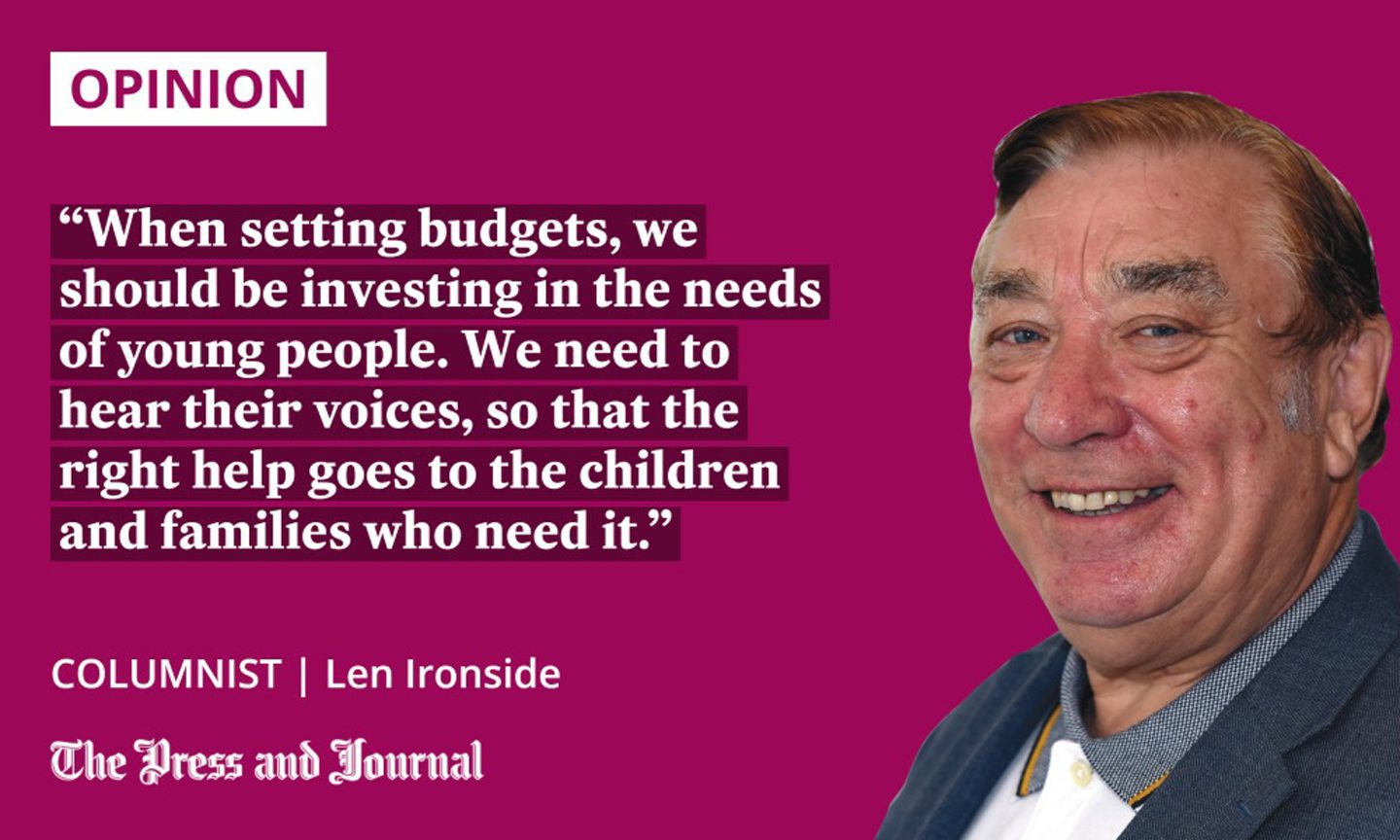
Free bus travel, which was a good idea to help children access facilities in the city, appears to have been abused by some, in that it has attracted a core of undesirables displaying loutish behaviour.
I’ve seen teenagers vaping indoors and on buses, fighting amongst themselves, knocking over street furniture, shouting abuse at shoppers. And little is done to prevent it.
It seems ridiculous that a small core of antisocial teenagers can be so disruptive to the rest of society. Why is it that the vast majority of young people are perfectly respecting of others, yet this small core, who lack any control, creates havoc?
Such a lot of good, positive work is done in early-years and youth programmes which helps develop children. Yet, the shocking behaviour faced by teachers in the classroom, who have no sanctions at their disposal, is rising.
Some educators face not only verbal abuse but physical violence while doing their jobs. You will find it difficult to encourage people to train for teaching if their workplace is potentially threatening.
We must fund vital services and facilities for children
The ingredients for a settled childhood include an adequate standard of living, a safe and warm home, nutritious food, the right clothes to wear, and an education system that develops kids to their full potential – all the things that the government and local councils should provide.
But what we have seen in recent years are continual cuts to those vital services our elected members should be providing.
The statements made before elections talked of raising the bar for every child. This mission has clearly failed.
Baby boxes and increased child payments are welcome, but it does not get to the root of the problem.
We see a continued rise in poverty and poor mental health in young people, disabled children not getting support they desperately require, young carers not being supported, centres of learning closed, swimming pools and leisure facilities shut down.
There is a complete failure to recognise that we need to fund those vital services, as well as practical facilities for young people to use.
When setting budgets, we should be investing in the needs of young people. We need to hear their voices, so that the right help goes to the children and families who need it. Speak to any of them, and you will find that the support they require is not available.
Prevarication and delay mean children’s rights have still not been enshrined in law in Scotland, despite it being promised by the Scottish Government nearly two years ago.
Governments have to set the framework
The days of a watershed on television, where programmes containing harmful or distressing content would not be shown until after 9pm, are long gone. This is not the world today.
Social media and internet viewing, with nearly 900 international TV stations, plus podcasts and more, are available to anyone with access. The policing of that access is minimal and, even in family homes, parents are unaware of what their children may be seeing.
Regrettably, this is the scourge of social media; parents often wish they could still communicate with their children and be aware of what they are doing. The online world has a darker side and is addictive. Children now get bullied in their own homes, online.
Some of the content needs to be banned and withdrawn. So, for the sake of our children, people in power should stop talking about it and take positive action to criminalise harmful videos, images and more, so that they can be eradicated from the system.
In today’s world, where there are fewer manners, less respect, and a lack of tolerance towards other people, we should acknowledge that good, acceptable behaviour begins in the home, progresses at school, and is shared in our social lives and at work.
But our governments, at all levels, need to set the framework by listening and acting on the needs of children and their families.
Len Ironside CBE is a former champion wrestler who served as an Aberdeen councillor for 35 years, with four years as council leader
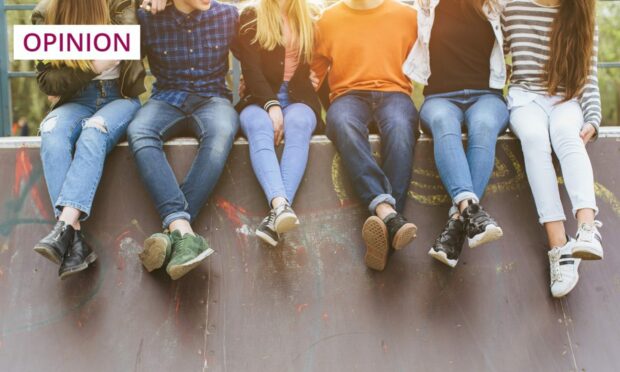
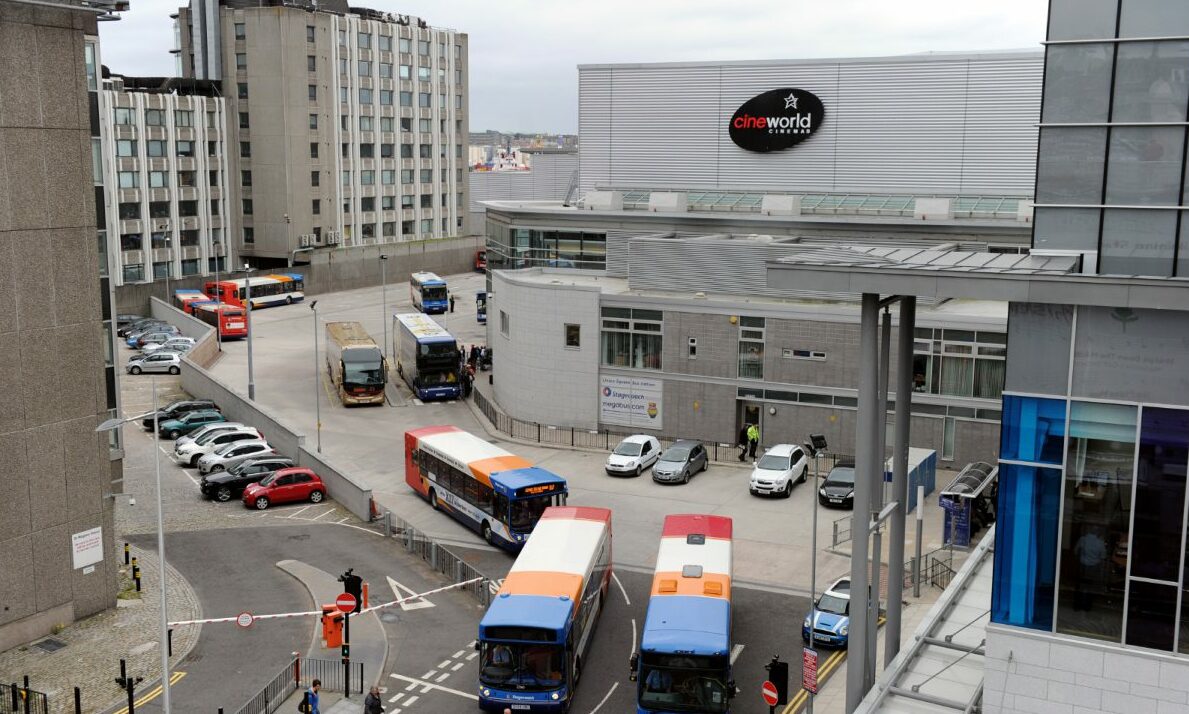
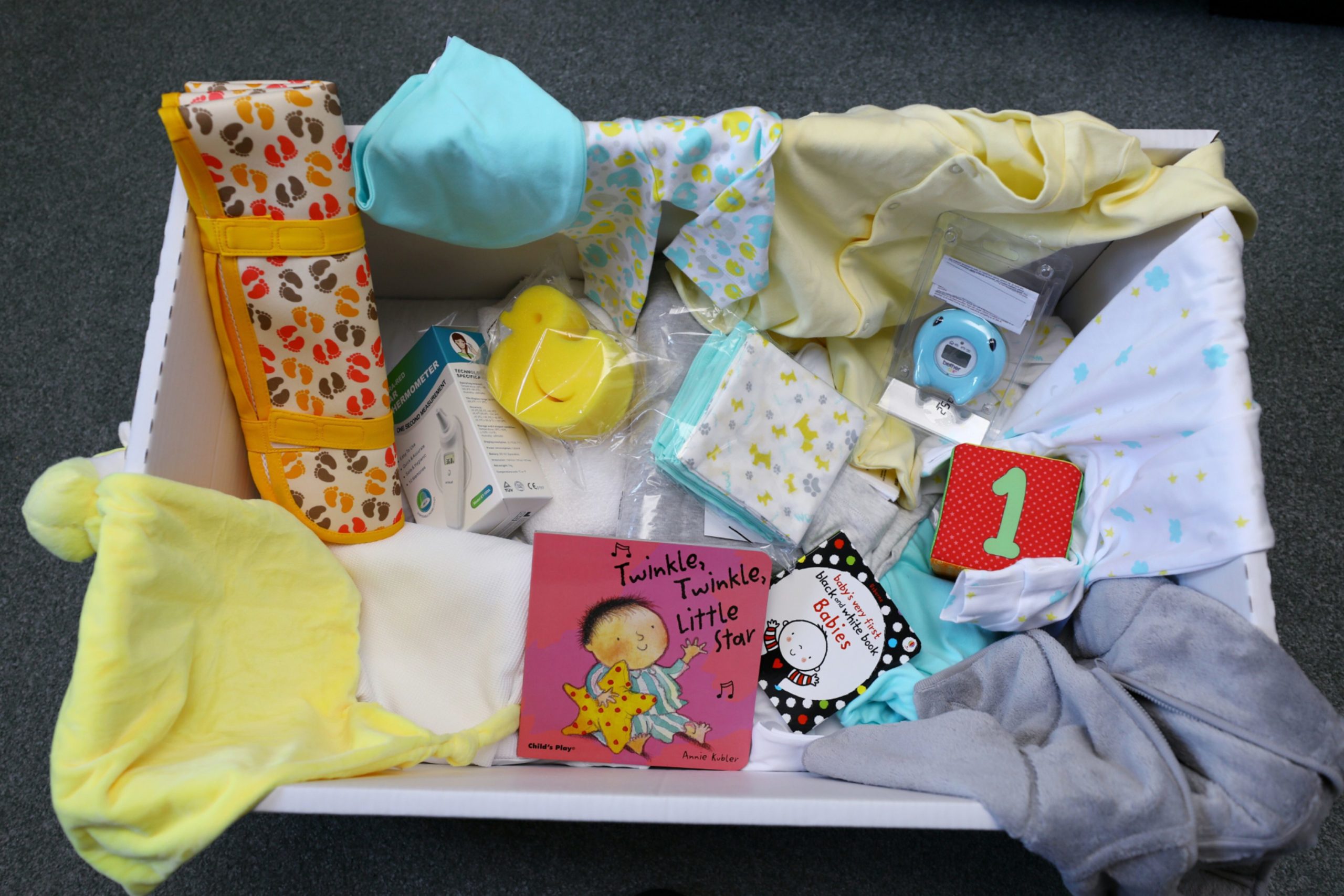
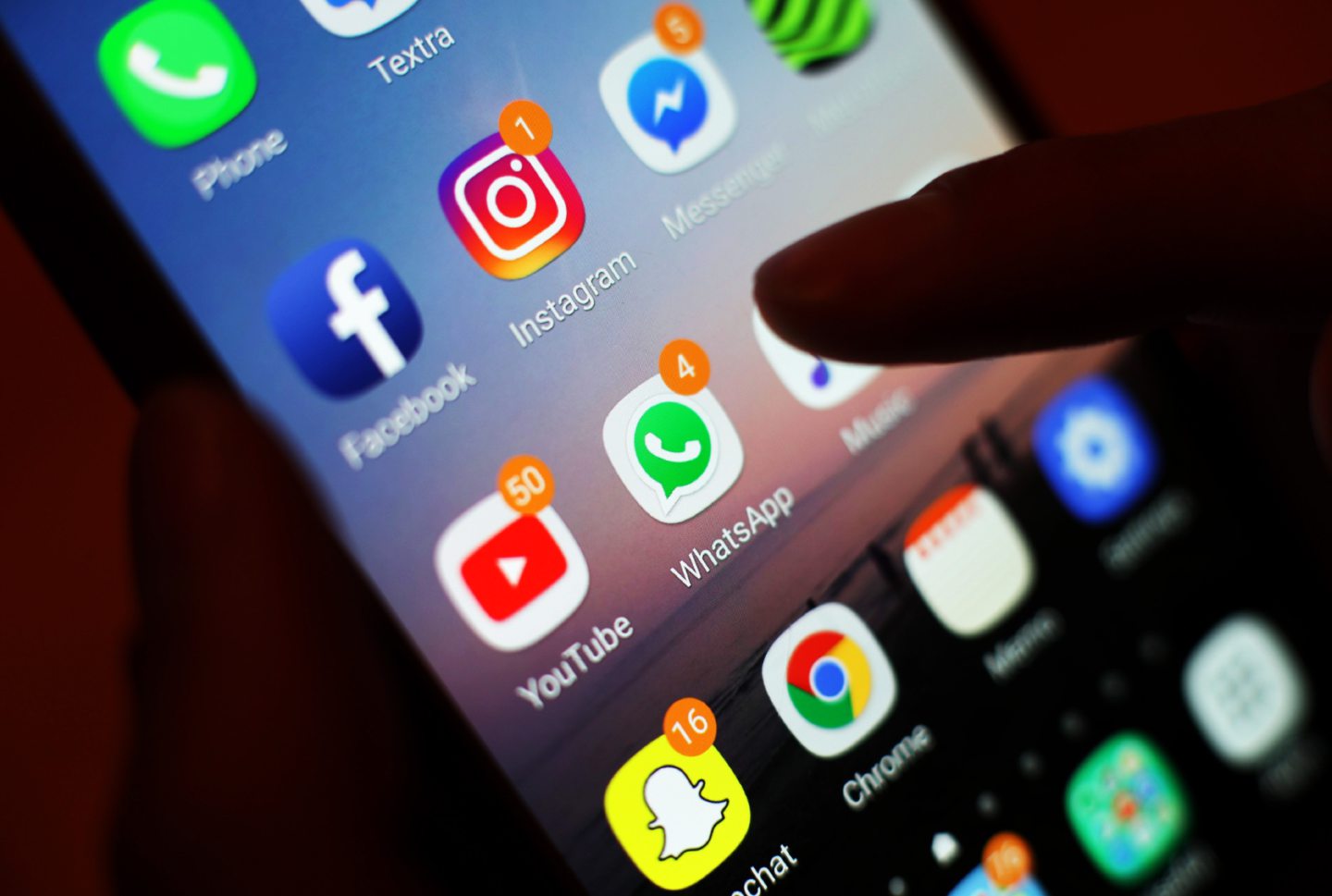
Conversation